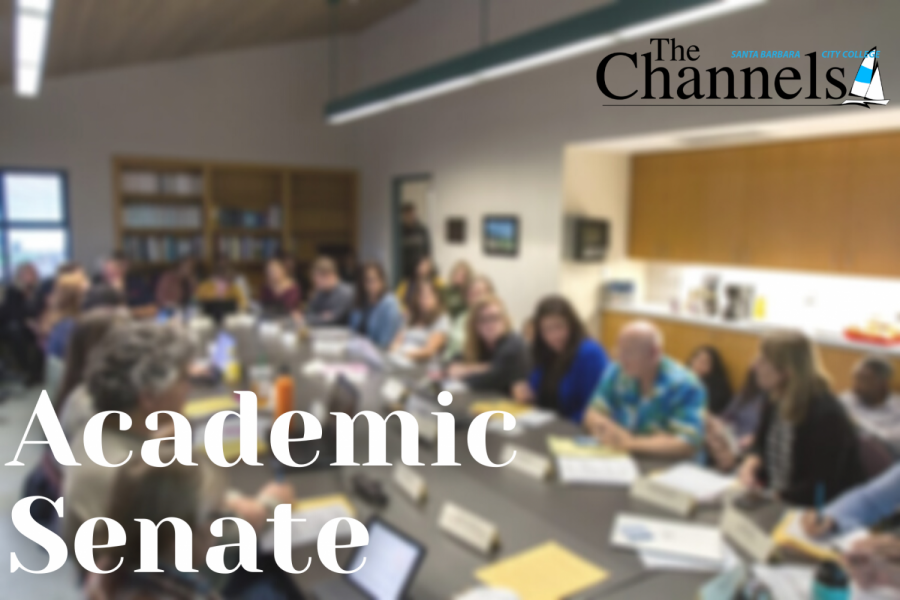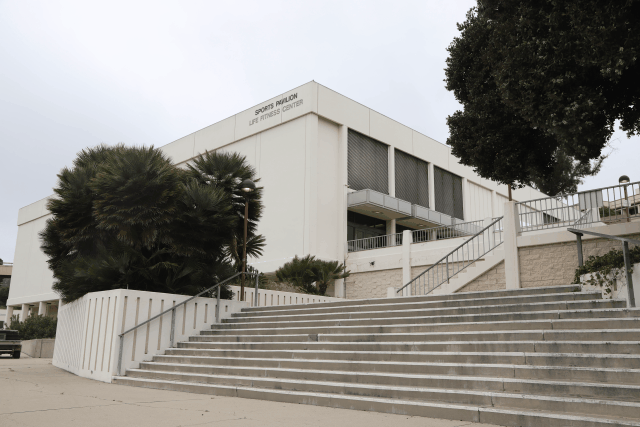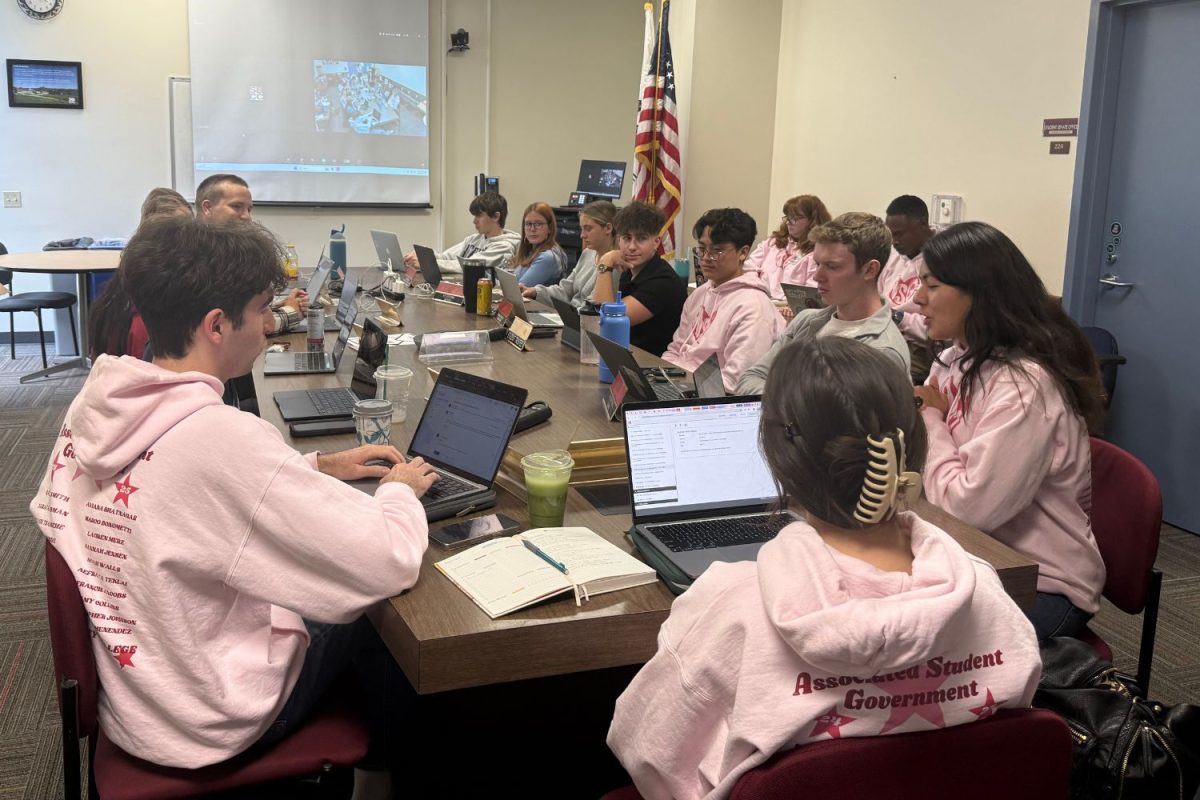Senate President Raeanne Napoleon announced that she plans to step down as co-chair of the Campus Climate Advisory Committee at the Academic Senate meeting this past Wednesday, as Interim Executive Vice-President Kathy Scott voices her concerns about enrollment fraud and the senate reviews a report from USC’s Race and Equity Center.
The senate serves as a consultative body, representing City College’s faculty.
The Campus Climate Town Halls occur at 2:30 p.m. every fourth Thursday of the month. The committee was created by the College Planning Council, an advisory group to the superintendent-president, as a result of the 2019 Campus Equity, Diversity, and Inclusion Survey.
“I am very interested in stepping down as the co-chair of that endeavor. I only ever participated in it because it was a faulty endorsed thing that was proposed to the CPC at the time,” Napoleon said.
Napoleon went on saying she reached out to a potential replacement, psychology professor Dr. Art Olguin, who has yet to respond. The position is vacant for anyone interested.
Continuing the meeting, Scott stated her worries about ongoing enrollment fraud, mentioning a specific email that was sent out from the chancellor’s office addressing this.
“It’s always been a bad situation in regards to distance education classes, but now that so much is online people have really taken the opportunity to take the resources that belong to our students and basically steal them,” Scott said.
Scott listed several solutions to spot scammers, including drafting a “no stakes assignment,” looking out for strange things like students sharing the same phone numbers, as well as getting in touch with students who haven’t been engaged in classes.
“Some colleges have been hit really, really, really hard and I don’t think we’re one of them, thankfully, but for some colleges, the faculty had 20 students in their class one day, the next day the class was full when they had a cap of 40,” Scott said.
Enrollment fraud impacts financial aid and class size, however, it hasn’t deeply affected City College.
In the senate’s agenda email sent out by Napoleon on Monday, Sept. 27, she wrote to pay close attention to item 7.4, a report from USC’s Race and Equity Center called “Delivering on the Promise of Progressive Policy: Strengthening the Academic Senate Professional Development in California’s Community Colleges.”
“This is a groundbreaking stunning report. I think as an Academic Senate we should probably create at least an ad hoc group to comb through this report and pull out recommendations and practices that we should be entertaining as a senate and make a motion for an ad hoc committee,” Napoleon said. Ad hoc committees are temporary committees focused on a specific purpose.
The report’s introduction reads that a majority of California’s community college students are from racially underrepresented groups, while the faculty remain predominantly white.
According to the report, “This stark difference in the “color” of the student body and the faculty lead the report’s authors to raise questions that rarely get asked publicly or in such a direct manner.”
The purpose of this is to dismantle institutional racism and the “academic caste system” while providing an equal educational opportunity to all.
As for making amends with the Board of Trustees, Napoleon said they have discussed moving on.
She said she met with “three of the members of our Board of Trustees over coffee to have some discussions and figure out a way forward and figure out if and when and how the Board of Trustees can really hear us.”
The Academic Senate will reconvene on Wednesday, Oct. 6.









